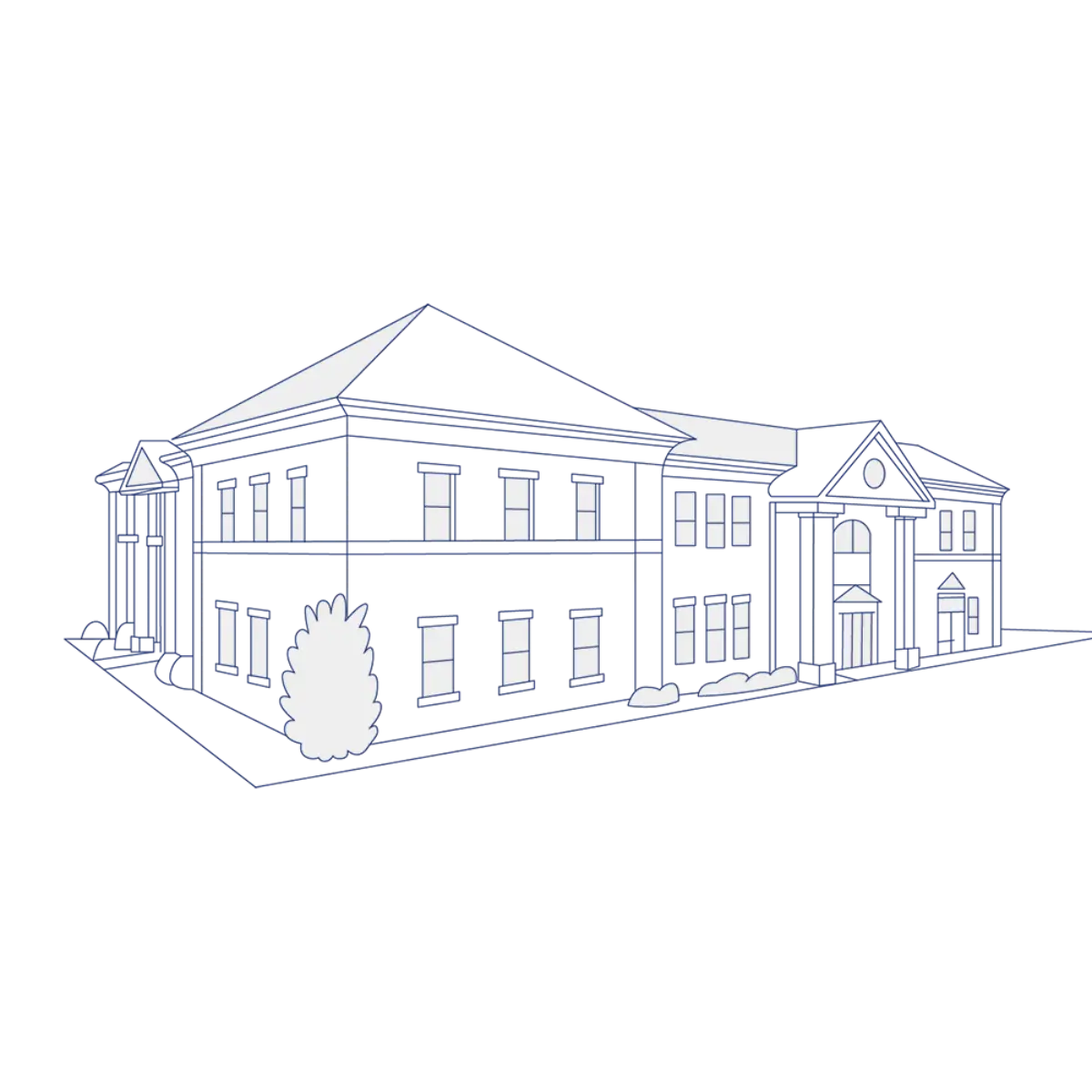About us
Adults undergoing acute mental crises may get short-term acute residential therapy at Turning Point Crisis Center, which is situated in Oceanside, California. For those who need rapid, intense mental health help but whose illnesses cannot be handled with outpatient therapy, this clinic offers an alternative to institutionalization. Turning Point provides a controlled setting where people may get the assistance they need to stabilize and start along the road to recovery.
The Department of Social Services has licensed the institution as a mental health crisis stabilization program, and the Department of Healthcare Services has certified it. Turning Point, a recognized leader in evidence-based treatment methods, offers a wide range of residential treatment and crisis intervention programs that are customized to fit the individual requirements of each client. The residential program employs a multidisciplinary team of counselors, clinicians, nurses, psychiatrists, and peers with expertise in psychosocial rehabilitation to work in a setting that is similar to a home and community.
Through the use of a biopsychosocial therapy method, Turning Point guarantees that patients get comprehensive care that takes into account not just their mental requirements but also their social, emotional, and physical wellbeing. During their nine days there, on average, participants participate in daily scheduled activities including group counseling, individual treatment, and community gatherings. To provide a comprehensive treatment experience, evidence-based treatments are used to address mental health concerns, drug misuse, and transitional obstacles.
The facility provides dual-diagnosed patients with specialized care that addresses both their mental health issues and any co-occurring drug use problems. Psychiatrists provide medication as needed to participants to ensure they get the medical attention needed for stabilization.
A key component of the Turning Point program is group therapy, where participants engage in a variety of therapeutic modalities intended to assist them as they process their emotions and problems in a safe environment. This includes psychoeducation, experiential therapy, and support groups, all of which are meant to encourage healing and a feeling of community.
Enhancing the lives of the people and families it serves is Turning Point’s top priority. The center’s goal is to provide cutting-edge social services and mental healthcare that are recovery-focused, trauma-informed, and culturally sensitive. The center prioritizes integrity and wellbeing, tailoring its programs to each individual’s requirements and facilitating access to the least restrictive and most suitable level of treatment.
Turning Point, a division of the Community Research Foundation (CRF), is committed to the idea that people with co-occurring disorders and mental illness can and will recover, leading fulfilling lives when given the right care and assistance. Children, youth, and families are the target audience for CRF’s programs, which provide wraparound, family-centered services that support strong families, normal development, and a sense of community. The organization maintains tight ties with community partners to guarantee that people get the trauma-informed and culturally relevant treatment they need.
Turning Point Crisis Center plays a critical role in assisting people in navigating crises and making the transition toward long-term mental health and well-being by providing evidence-based and recovery-oriented treatments.
Insurance
Payment Options
- County or local government funds
- Medicaid
- Private health insurance
- Cash or self-payment
- State-financed health insurance plan other than Medicaid
- U.S. Department of VA funds
- Self-pay options
- Financial aid
 Addiction Resource Score
Addiction Resource Score
Scoring is assigned by a proprietary system which helps surface key metrics that determine quality. The 10-point scale factors in categories such as operations, customer satisfaction, and trust metrics.
9.4
Out of 10
We understand that choosing an addiction treatment center can be overwhelming, especially with so many options, promises, and marketing messages. That’s why we’ve developed a clear, standardized rating system designed to cut through the noise and highlight what truly matters: safety, quality of care, and transparency. Our goal is to give individuals and families the information they need to make confident, informed decisions during a critical time.
In this guide, we explain exactly how we rate treatment centers—from accreditation and staff credentials to therapy options, facility environment, and family involvement. You’ll see how we assign scores, award badges, and update listings to ensure accuracy and fairness. Most importantly, our system focuses on elevating centers that prioritize ethical, evidence-based care, not just those with the best marketing. This way, you can trust that the ratings you see reflect meaningful standards that help you find the right fit for lasting recovery.
Treatment
Treatment Options
- Comprehensive mental health assessment
- Comprehensive substance use assessment
Conditions Treated
- Mental health treatment
- Substance use treatment
- Co-occurring Disorders
- Alcoholism
- Opioid Treatement
Levels of Care
- Hospital inpatient treatment
- Hospital inpatient detoxification
- Hospital inpatient/24-hour hospital inpatient
Treatment Modalities
- Family counseling
- Cognitive Behavioral Therapy
- Dialectical Behavior Therapy
- Group counseling
- Marital/couples counseling
- Individual counseling
Facility Operation
- Private for-profit organization
Opioid Treatment
- Psychotropic Medication
Age Groups Accepted
- Adults
- Young adults
- Seniors
Gender Accepted
- Female
- Male
Hope Without Commitment
Find the best treatment options. Call our free and confidential helpline
Most private insurances accepted




 FindTreatment.gov
FindTreatment.gov